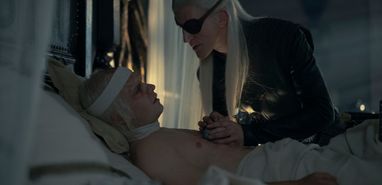
House of the Dragon Director on That Surprising Kiss and Whether Alys Is Real
Andrij Parekh transitions from ‘Succession’ to ‘Dragon’ and addresses some burning questions about the sixth episode of season two, “Smallfolk.”
An unexpected romance. A new dragon rider. A charred Darklyn. A riot in the streets. These were some of the key moments from the latest episode of HBO’s fantasy drama House of the Dragon, which has marched toward its final two episodes of the year.
Below, Emmy-winning Succession veteran Andrij Parekh, who is new to the franchise, reflects on directing the episode and answers some burning questions, including whether the seemingly omniscient Harrenhal healer Alys Rivers (Gayle Rankin) is a ghost. He also reveals a Succession-style touch he added to one particular scene.
The Draw of Family Dynamics
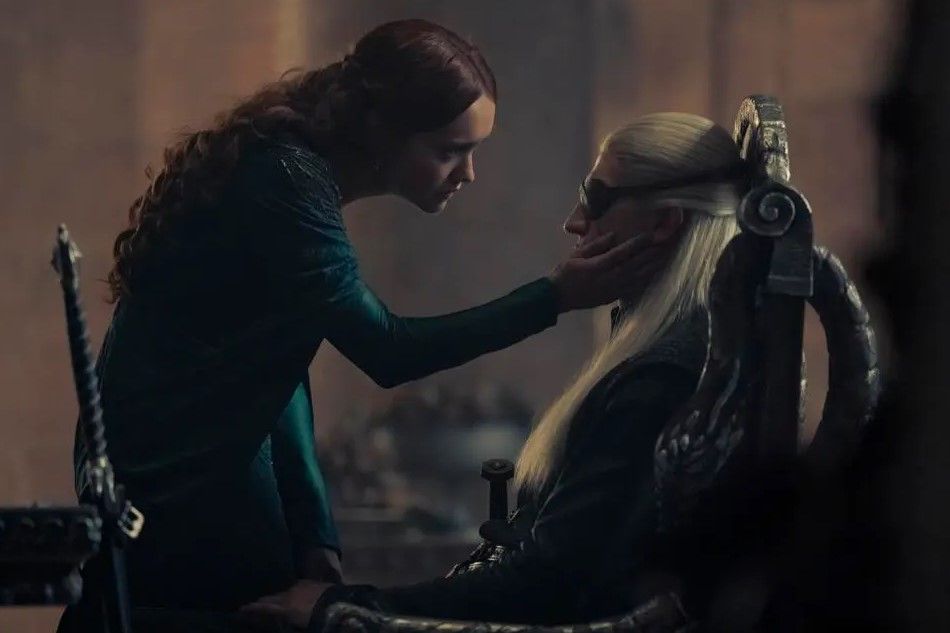
“The circumstances are different, but it’s still about family. That’s what attracted me to doing House of the Dragon. It’s really about family and family conflicts and, in many ways, was an extension of Succession,” Parekh said.
Expectations vs. Reality
How was the experience like what you expected and what was different than you anticipated?
“It’s massive scale. I was a little taken aback by walking onto those sets. Then you remind yourself that those sets were built by [production designer] Jim Clay, who did masterful work. It was an honor and pleasure in that sense because it felt like there was no end to the set,” he shared.
“I’ve been on that continuous, multi-story Red Keep set, and it’s so impressive. It feels like a space where you could just move in and live there.”
“Absolutely. They feel completely lived-in and real. What I love about shooting in New York is walking onto a location, and it feels like you’re shooting in a real location, and this [felt similar]. It oftentimes felt like relocation. And you’d just go to lunch and see hundreds of people eating; it was like there was an army behind the army.”
First Impressions of the Script
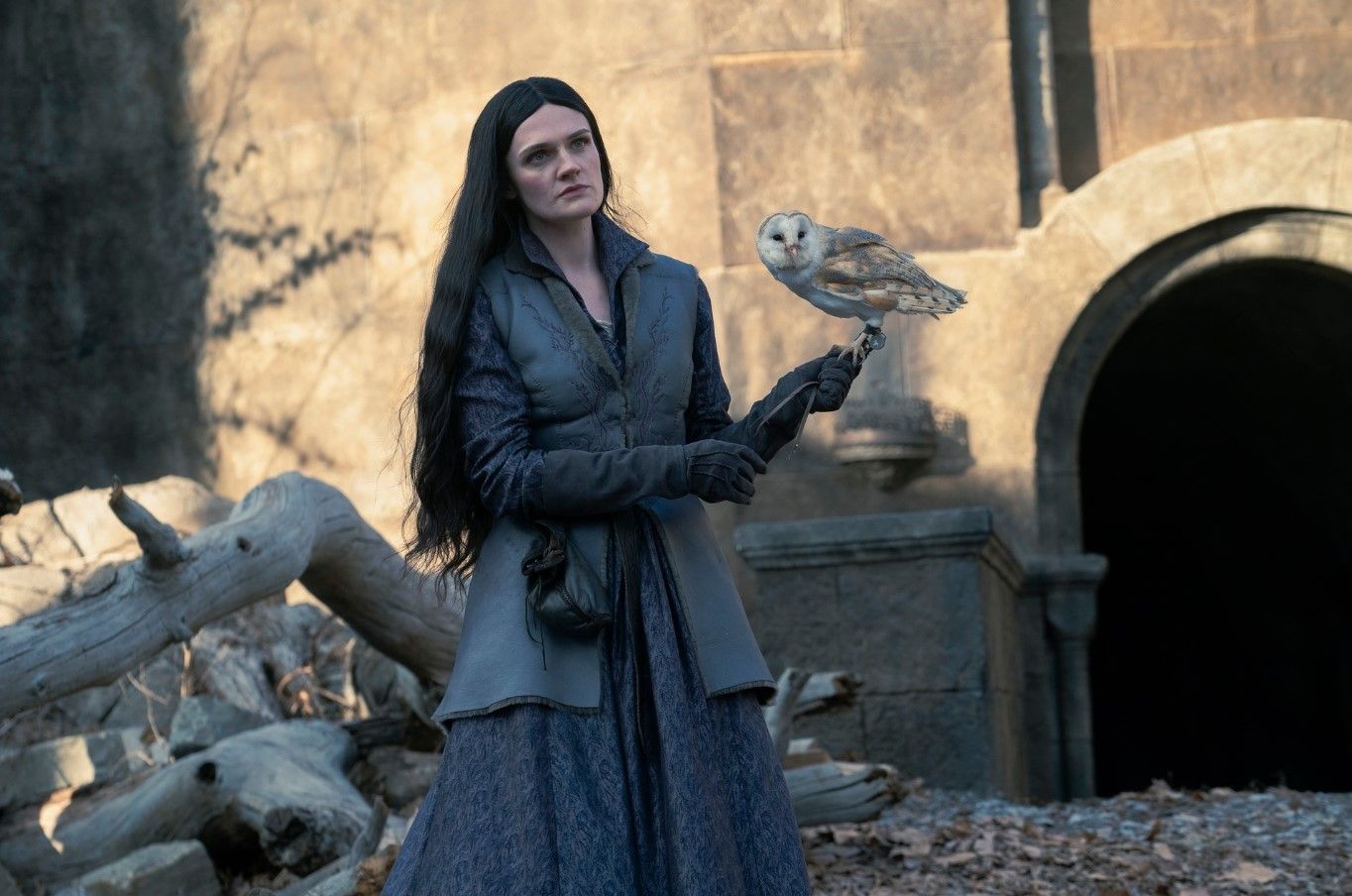
So when you first got the script, what excited you about this episode?
“I think what I loved was that this episode is about Rhaenyra (Emma D’Arcy) and Alicent (Olivia Cooke) almost being at their lowest points in their lives. Alicent has been missing one son; she’s being kicked off the Council. Rhaenyra’s husband has left her, she’s feeling completely isolated and alone; she has all these men calculating [moves] without necessarily involving her input. They’re both feeling incredibly isolated as characters and part of the challenge with this episode, for me, was to keep the tension alive of what was happening in King’s Landing and what was happening in the world of Westeros, which are two worlds about to go to war. There’s a feeling of desperation and imminent doom that’s different in both camps. We’ve seen the result of one battle. You know what that war is going to be like,” Parekh explained.
The Mystery of Alys Rivers
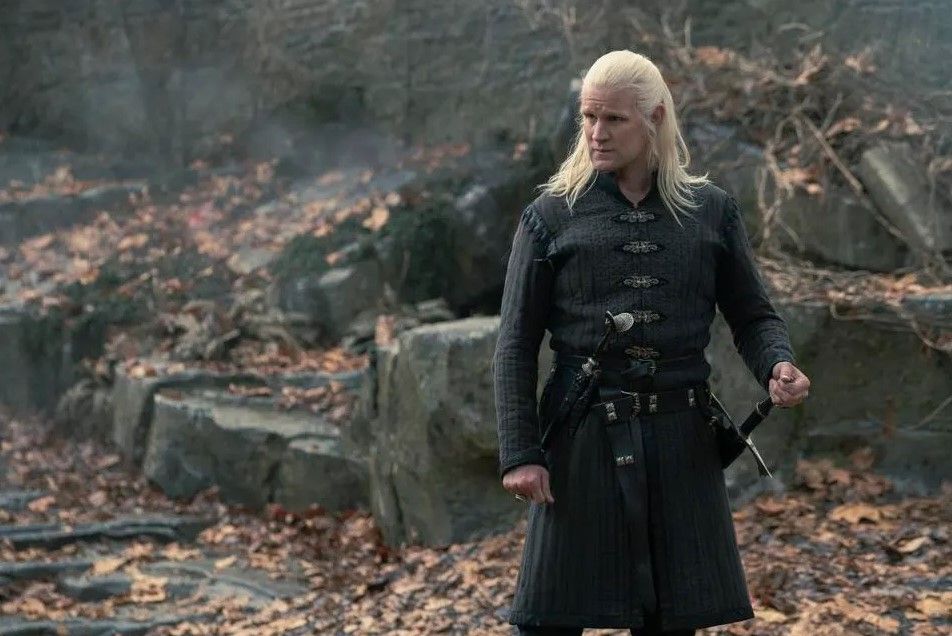
There’s another scene with Daemon (Matt Smith) and Alys (Gayle Rankin) this week. Are we supposed to be assuming she’s a real person and not a ghost? Not asking for a spoiler. But just curious what I’m supposed to be assuming as a viewer — because I’ve been watching this thinking she’s not really there.
“I think a healthy amount of doubt makes that much more interesting. She’s able to enter Daemon’s mind and read his mind. She’s definitely otherworldly. I’ll leave it at that.”
Proud Moments
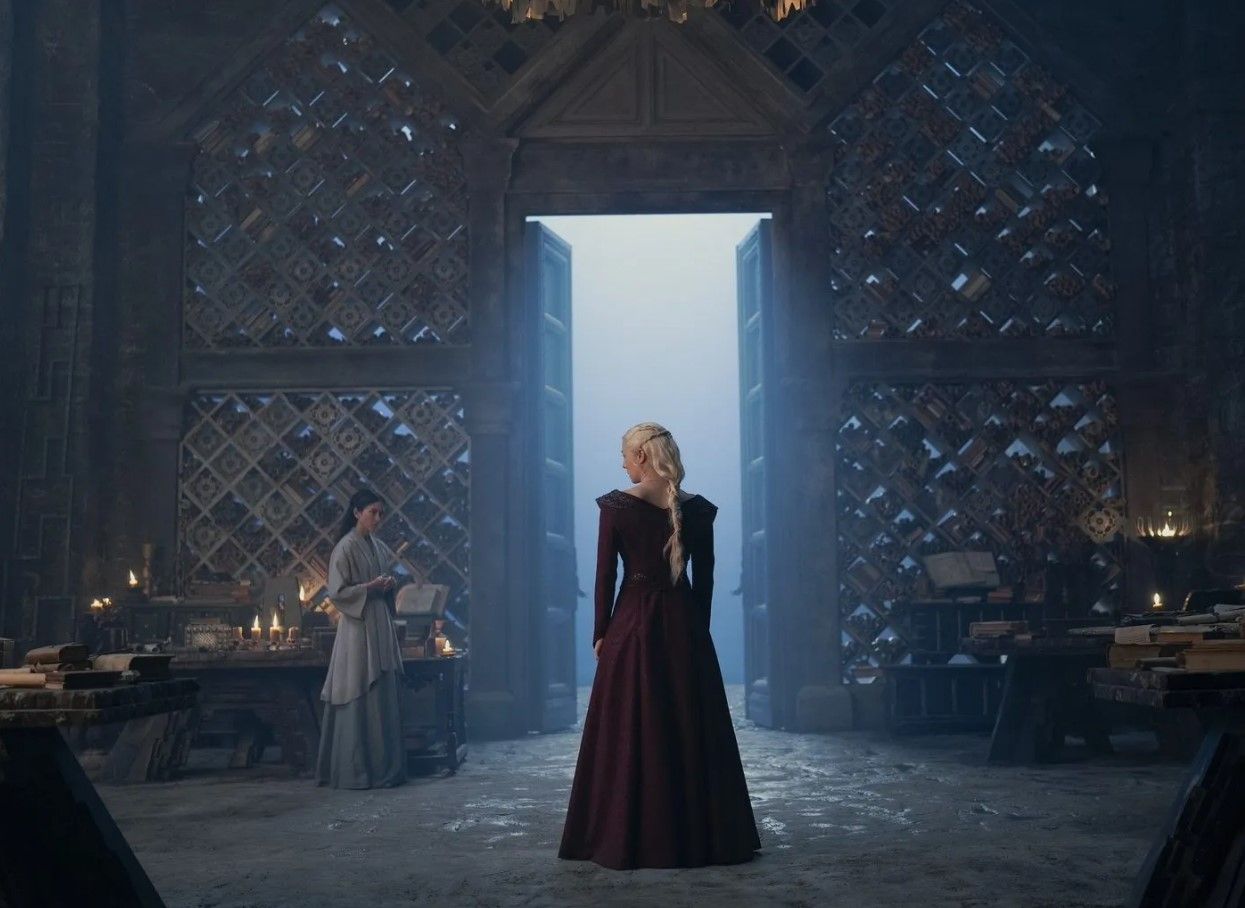
Which scene were you most proud of?
“The scenes that were challenging for me, for various reasons, were the burning of Darklyn (Anthony Flanagan) when he attempted to ride Seasmoke. And Seasmoke finding his rider. And the kiss between Rhaenyra and Mysaria (Sonoya Mizuno) — that was very challenging to make that feel earned and real,” Parekh recounted.
The Unexpected Romance
That potential romance was sort of hiding in plain sight, and it was a moment that felt both unexpected yet also made sense.
“I think it’s a surprise. But I also don’t want it to feel like it’s an outlier and for it to fit into the emotional truth, which is linear, which is that Rhaenyra has been abandoned by her husband. And that kiss hopefully feels like it’s earned, and real and emotionalized.”
Staging the Seasmoke Scene
When Darklyn tries to ride Seasmoke, you know this isn’t going to go well. How was staging that moment?
“A lot of that scene is spent on Rhaenyra. I feel like it’s about her projection of possibility, as ludicrous as it seems. She’s going to try to will this thing to happen. And hopefully, the audience feels like it’s about to happen, and then suddenly it doesn’t happen, in a quick and unexpected way. We had a real set that Jim built, and that walkway is like 15 feet off the ground. You can definitely fall off, and it feels quite dangerous, so when you’re there, it feels real, even though it’s against a blue screen.”
Subtle Details

Was there any subtle detail from the episode that a casual fan might miss?
“I loved Aemond (Ewan Mitchell) giving the ball back to Aegon (Tom Glynn-Carney) by pushing it into his wound and torturing him with it. He basically hands the power back to him, but in a way that shows who really has the power,” Parekh pointed out.
Keeping Meeting Scenes Engaging
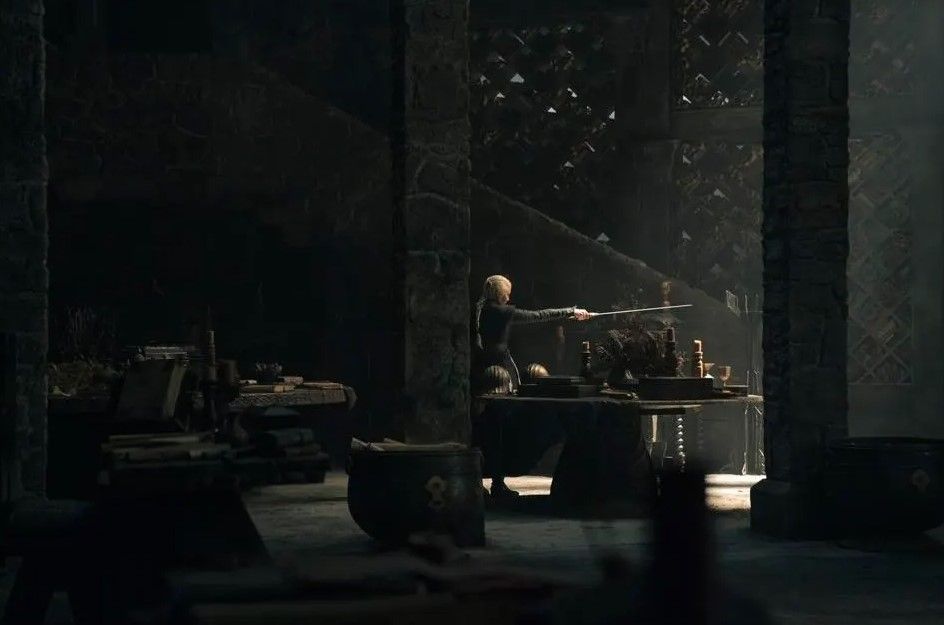
House of the Dragon, like Succession, tends to have a lot of meeting scenes — I particularly liked your dramatic intro shot of Aemond leaning across the table at the Small Council meeting. What’s the secret to keep such scenes active and engaging when you have a bunch of characters around a table?
“I just think it’s about moving the drama forward. And I feel like Aemond is so powerful in that scene. You feel he’s a very different presence than Aegon at that Small Council, in a radically different way. He’s immediately getting down to business and not asking anyone what they really think; he’s telling them what they need to do. So that level of command I found inspiring.”
“We also covered it in a kind of Succession way — a moving camera around the table. That was something I loved to do as a DP in Succession, but also as a director. I think it keeps it alive for the actors. It’s always wonderful when the actors don’t know where the cameras are. All of them are forced to act as an ensemble, and then you’re basically creating filmed theater, and that’s when it feels really alive to me — when they don’t know where the camera is looking, exactly. It adds a level of uncertainty and electricity that I think helps in terms of performance,” Parekh explained.
Conclusion
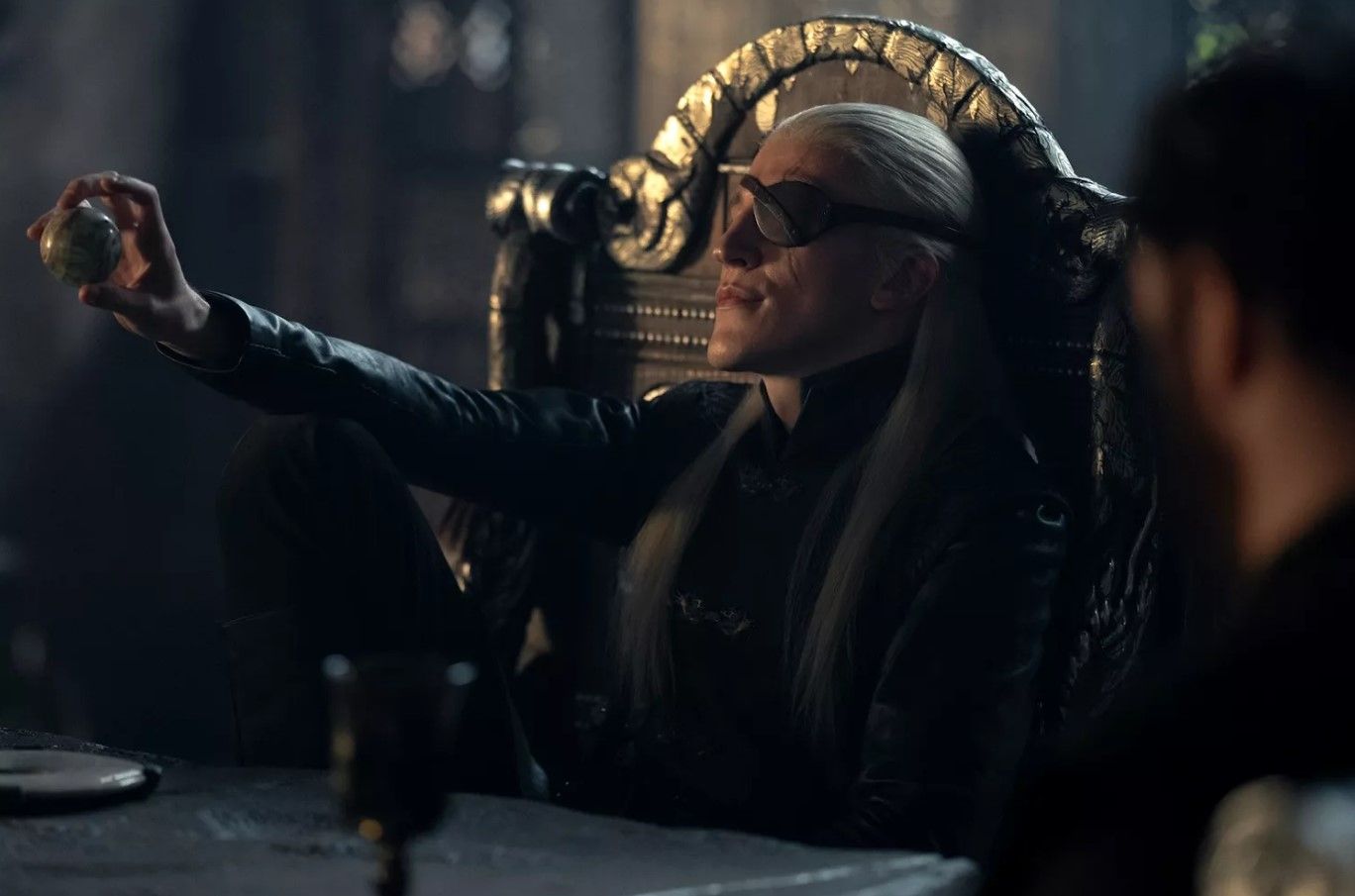
“I just think it’s about moving the drama forward. And I feel like Aemond is so powerful in that scene. You feel he’s a very different presence than Aegon at that Small Council, in a radically different way. He’s immediately getting down to business and not asking anyone what they really think; he’s telling them what they need to do. So that level of command I found inspiring.”
“We also covered it in a kind of Succession way — a moving camera around the table. That was something I loved to do as a DP in Succession, but also as a director. I think it keeps it alive for the actors. It’s always wonderful when the actors don’t know where the cameras are. All of them are forced to act as an ensemble, and then you’re basically creating filmed theater, and that’s when it feels really alive to me — when they don’t know where the camera is looking, exactly. It adds a level of uncertainty and electricity that I think helps in terms of performance,” Parekh concluded.

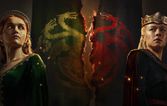
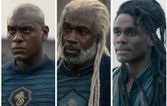


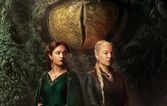
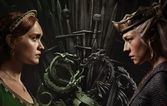

By Andrej Kovacevic
Updated on 22nd July 2024